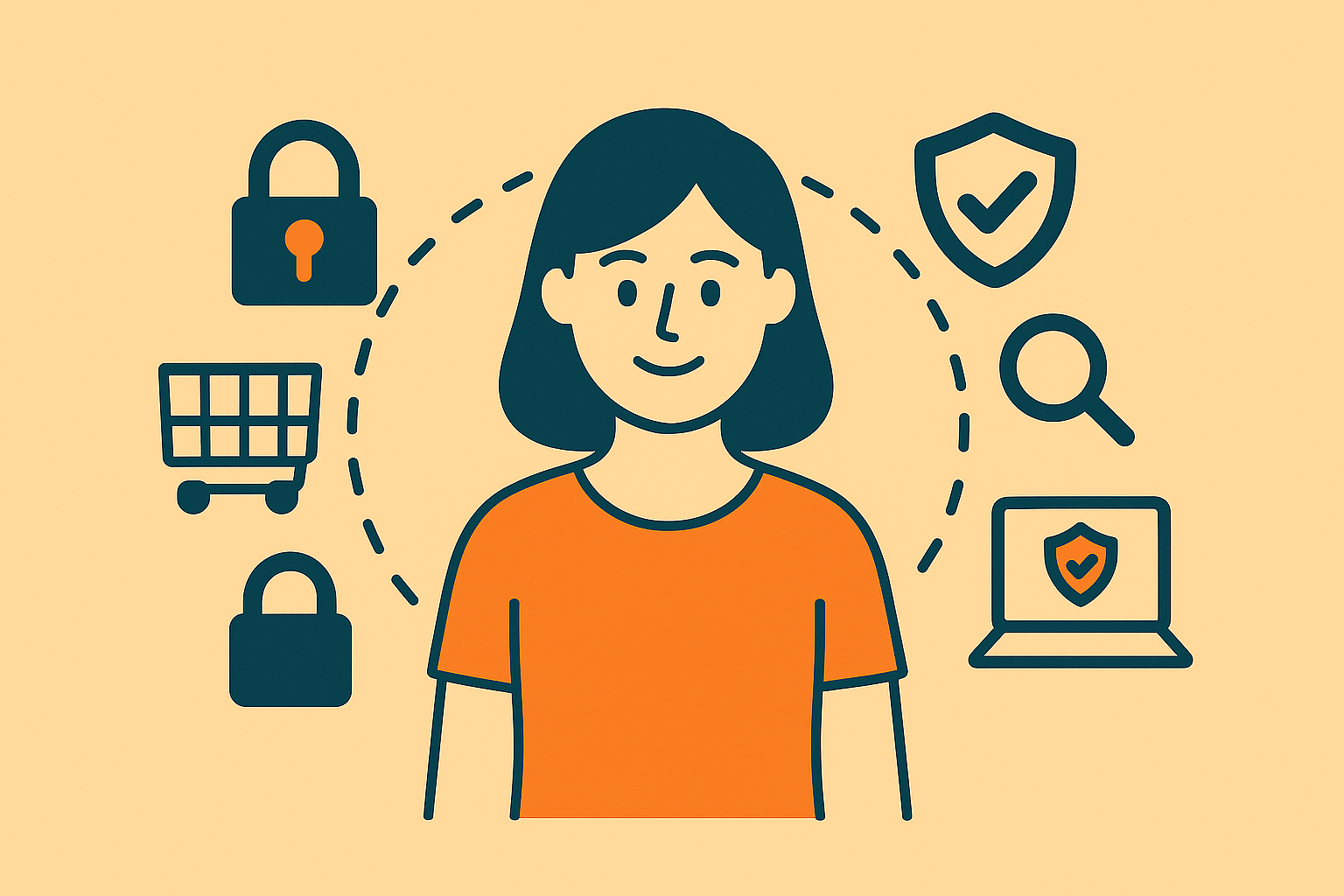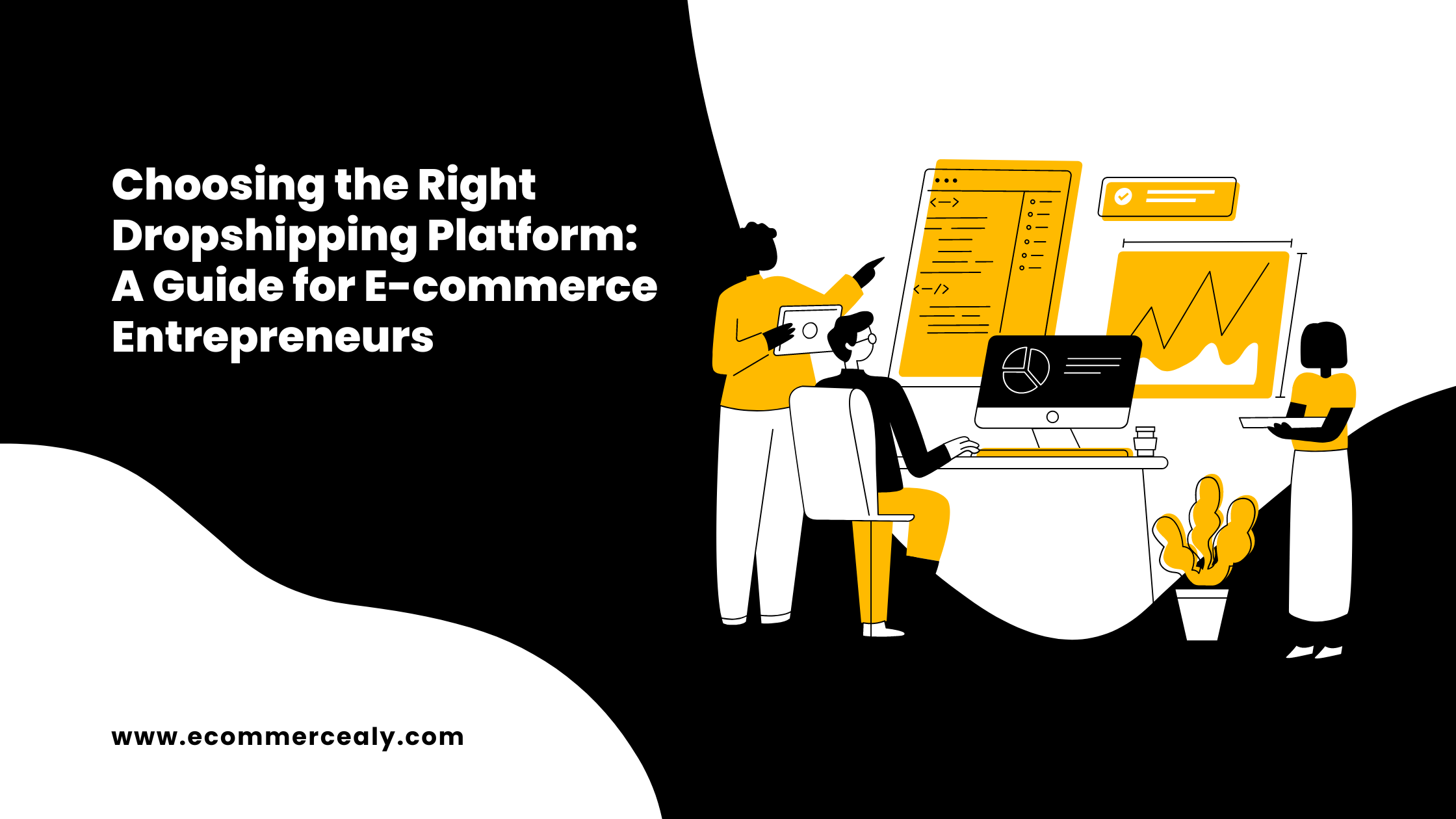In high-stakes e-commerce, data is not just information—it’s the lifeblood of your business, a foundation of customer trust. Every transaction, every login, every customer profile represents value, making your platform a tempting target in an increasingly aggressive digital landscape.
The rise of the “Privacy-First Era,” driven by regulations such as those related to GDPR and CCPA, along with increased consumer scrutiny, has added a layer of critical complication. Simultaneously, scaling demands have made the ecommerce virtual assistant an indispensable extension of your team. This dual reality, the need for seamless operational help colliding with the absolute necessity of rigorous data protection, is the e-commerce challenge of the decade.
How can you outsource mission-critical tasks without compromising security? The answer does not lie in distrust but rather in the implementation of an intelligent, human-centric security framework.
The Human Element: When Trust Meets Risk
An ecommerce virtual assistant often has the keys to the kingdom: access to your CRM, payment processors, inventory management systems, and internal communications. They are necessary for everything from handling customer service inquiries to updating product listings or running marketing campaigns.
Most third-party data breaches are not malicious but result from human error, convenience, or simple oversight. Your quite talented VA working from home might log in through some unsecured network, set a weak or shared password, or even be the victim of a sophisticated phishing attempt—all actions that place your sensitive data at immediate risk.
Mutual good faith alone will get one nowhere in this environment. Professional relationships must anchor themselves upon non-negotiable security protocols.
Beyond Passwords: Unmasking the Critical Vulnerability Vectors
To safeguard your data truly, you must look past the login screen and examine the environments where your VA works.
1. The BYOD Dilemma (Bring Your Own Device)
Most virtual assistants use personal computers. Without strict policies in place, these may not have the necessary security software installed, or they may use outdated operating systems or be used by other family members, turning a work laptop into an open gateway for malware.
2. The Shared-Access Habit
Convenience almost always overrides caution. Shared logins and generic “admin” accounts make auditing impossible. If a breach does occur, you cannot isolate when, how, or by whom the access was compromised.
3. Over-Permissioning and ‘Keys to Everything’
In trying to enable a VA, owners often grant way more permissions than needed. This is a violation of the Principle of Least Privilege (PoLP). An assistant that specializes in email marketing does not need access to core financial data or developer-level backend settings. Every permission that is not needed is an unnecessary risk.
Building a Data Fortress: A Strategy for E-commerce Virtual Assistant Services
Partnering with professional ecommerce virtual assistant services should start with a forensic focus on security. The following are actionable steps that convert risk into a defensible position:
1. Mandatory Security Policy and NDA
Every new ecommerce virtual assistant must sign a legally binding Non-Disclosure Agreement (NDA) and a comprehensive Data Handling Policy (DHP). Thus, the agreement should explicitly detail:
-
Approved devices and required security software (VPN, current antivirus).
-
Procedures for handling personally identifiable information.
-
Requirements for immediate reporting in case of any suspected breach or phishing.
You are required to use the organization’s authorized password management tool.
2. Establish Zero-Trust Access Control
Do not share passwords for specific accounts. Rather, implement access that is compartmentalized by:
-
Dedicated Credentials: Use unique usernames and complex, randomly generated passwords for every VA on every platform.
-
Two-Factor Authentication (2FA): This is a must. Use authentication apps, like Google Authenticator or Authy, rather than SMS-based 2FA, as they can be vulnerable to SIM-swapping attacks.
-
Role-Based Access: Limit access in the SaaS tools like Shopify, HubSpot, or your payment gateway based on the VA’s defined role. If they only handle inventory, that’s all they should see.
3. Secure Tool Standardization
When you engage ecommerce virtual assistant services, you should provide or mandate the use of your own secure tooling:
-
Password Manager: Use an enterprise password manager such as LastPass or 1Password to securely share credentials without the actual password ever being seen by the VA.
-
Encryption in Communication: Always use encrypted channels—Slack, a dedicated project management tool—for sensitive discussions, staying away from the standard, unsecured email whenever possible.
-
Managed VPN: VAs will have to connect to a verified Virtual Private Network for all work activities, ensuring encryption in the process of data transfer over public Wi-Fi.
The Future Can Be Counted On
Data security is a major consideration in customer retention and a competitive advantage today in electronic commerce. If you put solid processes in place and prioritize security training right away, your ecommerce virtual assistant will change from a possible weakness into a genuinely useful member of the integrated team, safe and secure.
It guarantees that your company will grow continuously and your clients are secure in the knowledge that their data is safely protected by an impenetrable, invisible wall. It is an investment that pays dividends in terms of reputation and compliance and, most importantly, trust.
FAQs:
1. How do virtual assistants for e-commerce safeguard private client and company information?
They use encryption, Two-Factor Authentication (2FA), VPNs, secure password managers, and role-based access while following NDAs and security training to avoid breaches.
2. What privacy regulations must virtual assistants comply with in e-commerce?
Virtual Assistants are required to adhere to GDPR (for data covered under the EU) and US laws such as CCPA/CPRA, among others, alongside various state and financial regulations like PCI DSS.
3. What should e-commerce businesses do if they suspect a data breach involving a virtual assistant?
Isolate the VA’s access immediately, notify customers and authorities where required by law, and initiate a forensic investigation to contain the breach.








